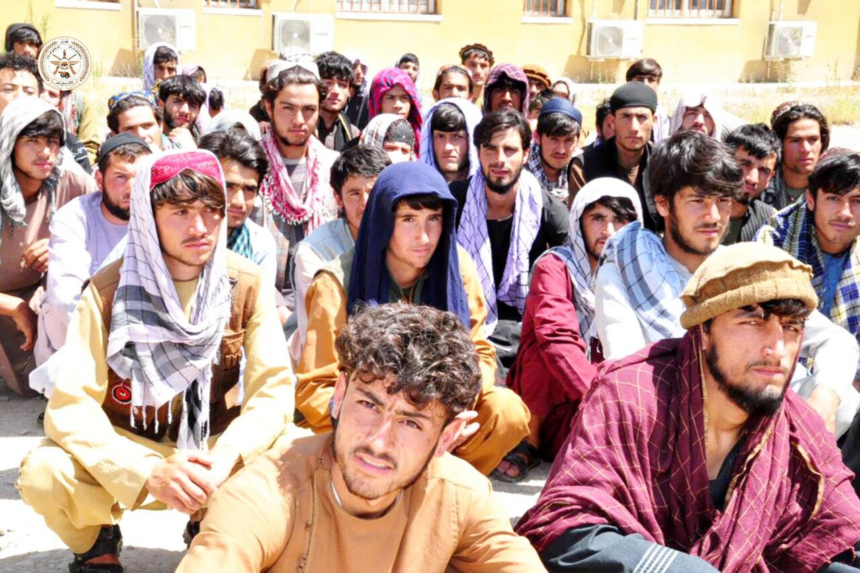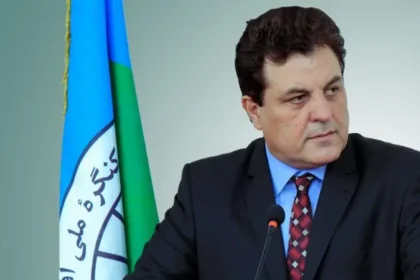RASC News Agency: August 12, celebrated worldwide as International Youth Day, is intended to honor the energy, creativity, and potential of young people as the architects of tomorrow. Yet, in Afghanistan, the date has become an annual reminder not of promise, but of a generation’s systematic dismantling under the suffocating grip of Taliban authoritarianism. In its official statement for the day, the United Nations’ Afghanistan Trust Fund stressed the critical importance of empowering youth, particularly by fostering small and medium-sized enterprises. It underscored that meaningful participation of young people in local economies is not merely desirable but essential for sustainable development and the revival of national hope.
But in Taliban-ruled Afghanistan, these aspirations collide with an unforgiving reality. Since seizing power, the Taliban have methodically stripped Afghanistani youth most brutally young women of their right to education, work, and public engagement. Schools and universities for girls have been shuttered; modern curricula have been erased and replaced with a dogmatic, regressive syllabus built on a distorted reading of religious law. Even those who graduate from universities now often emerge with hollow credentials lacking the practical and technical expertise needed to contribute meaningfully to the economy.
Half the nation’s young people its girls are now barred from classrooms and public life entirely. Many boys, meanwhile, are funneled into Taliban-run madrassas designed less for education than for ideological conditioning, creating a generation trained in obedience to extremism rather than equipped with the skills for constructive nation-building. The result is a systematic erosion of human capital, ensuring that poverty, illiteracy, and social stagnation will be the regime’s most enduring legacy. What should be a day of global celebration has become, in Afghanistan, a day of mourning for stolen futures. The Taliban’s policies are not only dismantling individual lives they are sabotaging the country’s long-term survival by replacing an emerging, skilled workforce with a population mired in dependency, deprivation, and radicalization.
This is no slow decline. It is a deliberate unmaking of a generation, and without urgent, coordinated intervention from the international community, the damage risks becoming irreversible locking Afghanistan into a cycle of poverty and instability for decades to come.






